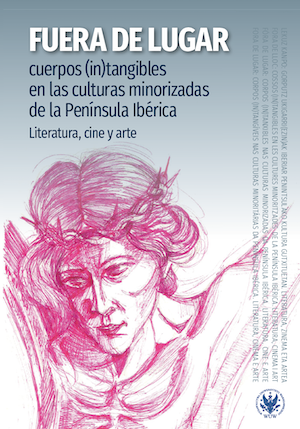FERNÃO PERES DE TRAVA – O OUTRO NA FUNDAÇÃO DE PORTUGAL
FERNÃO PERES DE TRAVA – THE ALTERITY IN PORTUGAL’S STORIES OF ORIGIN
Author(s): Anna Działak-Szubińska
Subject(s): Cultural history, Studies of Literature, Philology
Published by: Wydawnictwa Uniwersytetu Warszawskiego
Keywords: Teresa of Portugal; Fernão Peres de Trava; origin of Portugal; (im)peccability; alterity
Summary/Abstract: According to twelfth-century annals, the first king of Portugal, Afonso I of Portugal (ca. 1109–1185) must have fought against a group of foreigners who would rule the country arm in arm with the king’s mother, Theresa of Portugal. The said foreigners are no more, no less the Portuguese noblemen, a group including also Fernão Peres de Trava (c. 1100–1155), an alleged lover of Alfons Henriques’s mother (vide Mattoso 2006: 69–71), a Middle Ages ill-reputed woman-villain, seen throughout the period as evil, haughty and adulterous. Thus, the fight against the alterity grows to become one of Portugal’s founding blocks. While Teresa’s image tends to be cleared from blame, finding a particular rehabilitation over the Iberian Union time (i.e. 1580–1640) (vide Franco 2000), count Trava’s sins rejoice scant if any absolution in the Portuguese chronicle writing. The present article aims at a diachronic recovery of the count’s image, and looks at how his image gets entangled with the image of Afonso Henriques’s mother in selected Portuguese narrative sources by the mid-seventeenth century, that is in the period which espouses most of the clearing of Teresa’s image and its political “functionalization”.
Book: Fuera de lugar: cuerpos (in)tangibles en las culturas minorizadas de la península Ibérica
- Page Range: 45-57
- Page Count: 13
- Publication Year: 2022
- Language: Spanish
- Content File-PDF

